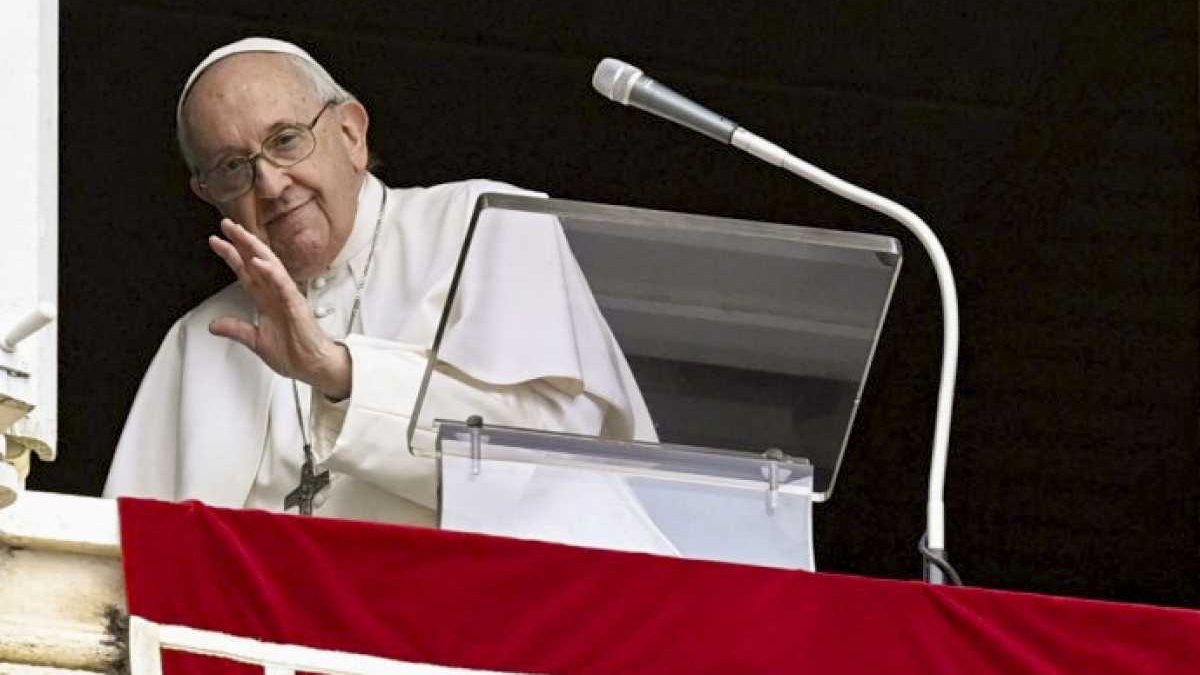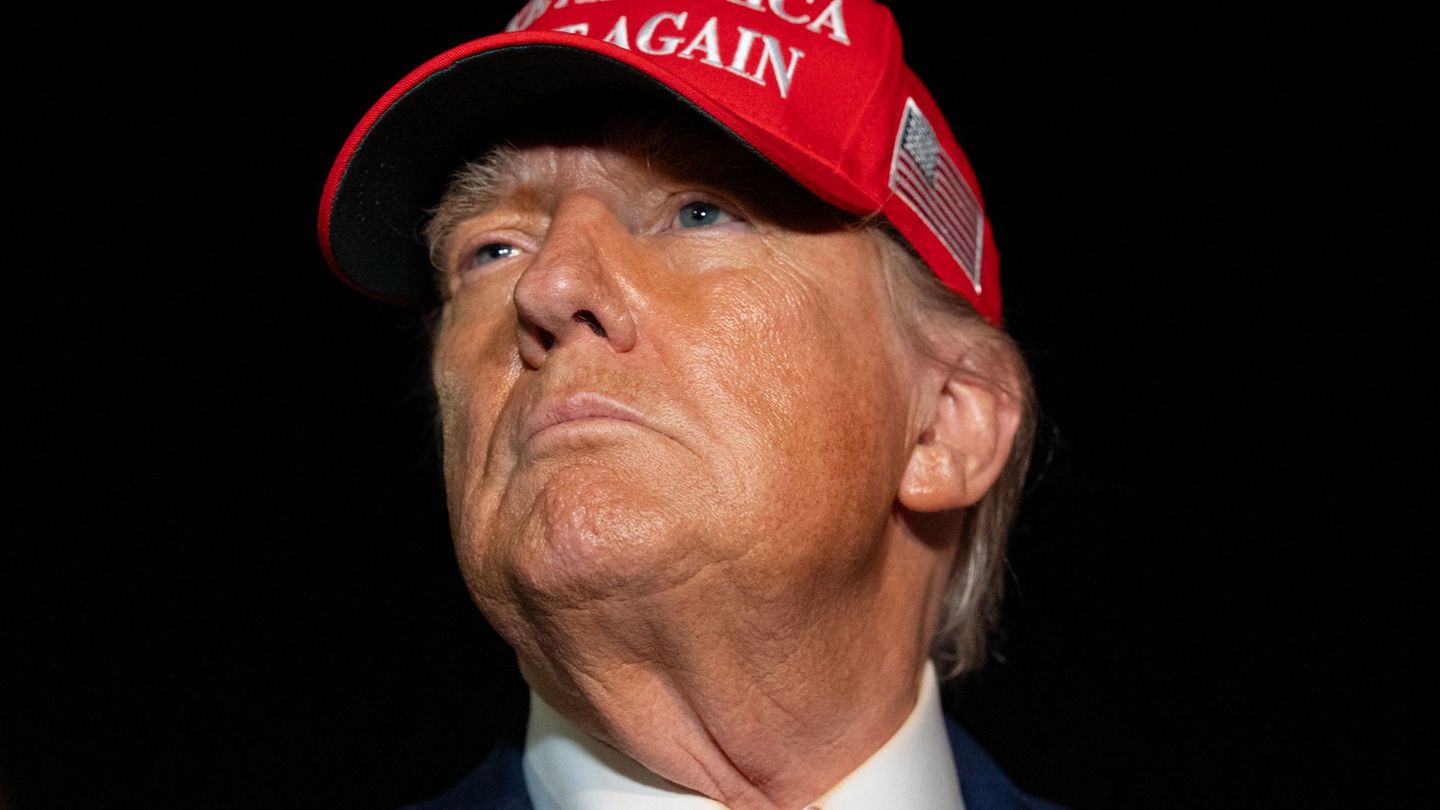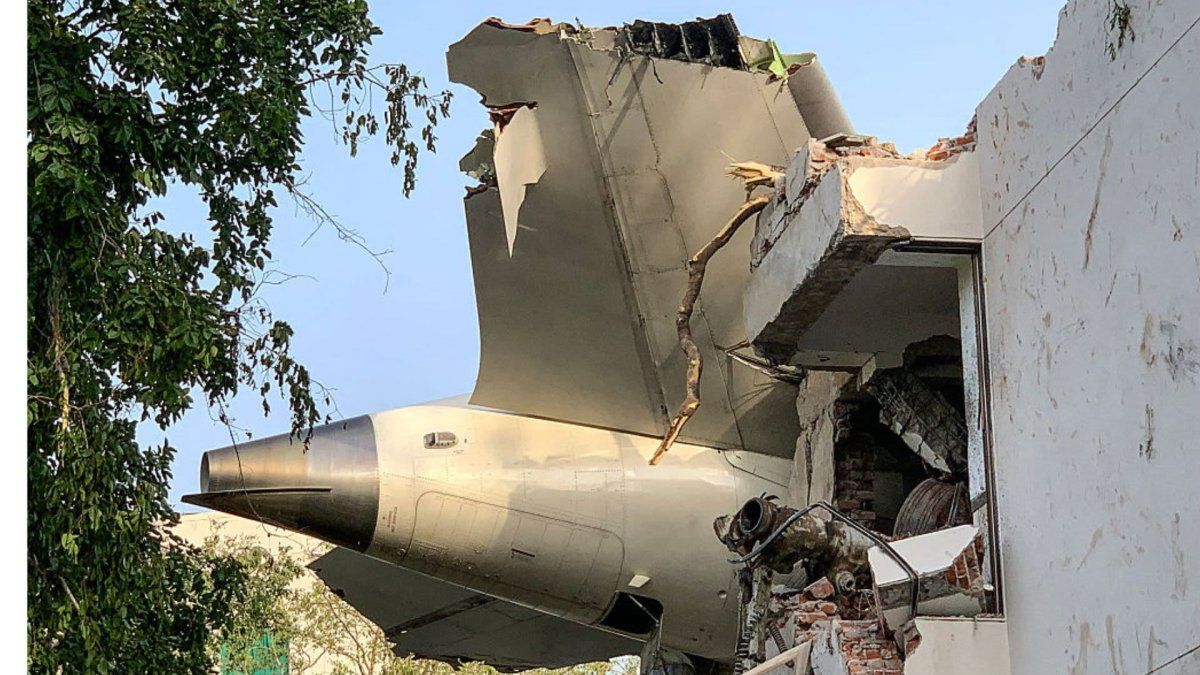“Is about transform an economy that kills, into an economy of life in all its dimensions“, he asked in the framework of what he characterized as “a difficult moment: the environmental crisis, then the pandemic and now the war in Ukraine and the other wars that have been going on for years in several countries.”
For the Pope, in a message with strong social and economic content, “the situation is such that we cannot just wait for the next international summit: the earth is burning today, and it is today that we must change, at all levels“.
“Then we have to accept the universal ethical principle, which is not liked, that what is damaged must be repaired: Yes we grew up abusing the planet and the atmosphere, today we must also learn to make sacrifices in lifestyles that are still unsustainable“, asked the supreme pontiff, in which it was the first face-to-face meeting of the event launched in 2019.
According to Francis, “sustainability, then, is a multidimensional reality” so that “in addition to the environmental, there are also the social, relational and spiritual dimensions.” “The social one is slowly beginning to be recognized: we are realizing that the cry of the poor and the cry of the earth are the himself,” he said.
In his speech, the Pope took up some guidelines of his encyclical, the praise yes, published in 2015, where it focuses on how people live, the defense of nature and animal life, energy reforms, criticizes consumerism and environmental degradation and calls for action against climate change.
Francis also criticized the decline in demographic rates and associated it with the lack of opportunities to promote motherhood: “As soon as their bellies start to appear, women are fired from work“, he denounced.
“This is why, when we work for ecological transformation, we must take into account the effects that some environmental options have on poverty. Not all environmental solutions have the same effects on the poorest and, therefore, we should prefer those that reduce misery and inequalities,” he said.
“As we try to save the planet, we cannot neglect the man and woman who suffer. The pollution that kills is not only carbon dioxide, inequality also mortally pollutes our planet. We cannot allow new environmental calamities to erase the old, ever-present calamities of social injustice,” she said.
“As long as our system produces waste and we operate according to this system, we will be complicit in an economy that kills“, lament.
“Let’s ask ourselves then: are we doing enough to change this economy, or are we satisfied with painting a wall changing color, without changing the structure of the house? Perhaps the answer is not in what we can do, but in how we are able to open new paths so that the poor themselves become protagonists of change,” she emphasized.
One of the Argentine participants, Facundo Pascutto, of the “Cien Asís” Project, presented an initiative promoted by the National University of Lomas de Zamora “from the call of His Holiness to rethink an economy with a human face”. “We seek to multiply and put into practice the word of Francis throughout Argentina by carrying out “little Assisi” in development societies, neighborhood clubs, unions, universities, cooperatives, community kitchens, among others. The project has two edges: on the one hand, we provide academic tools, professional training, legal and accounting advice to these institutions and, on the other, we celebrate an Assisi in each one of them”, explained Pascutto.
Francis’ economy
It’s a event launched by the Pope in 2019 that since Thursday received nearly a thousand young economists, businessmen and agents of change, who together with Pope Francis seek a new economic model that is more inclusive, human and that respects the common home.
For three days, the young people worked in twelve groups in which they dealt with the issues of agriculture and justice; life and lifestyles; vocation and benefit; work and care; management and gift; finance and humanity; policies for happiness; business and peace; the economy and women; energy and poverty; companies in transition and the C02 of inequality.
Source: Ambito
David William is a talented author who has made a name for himself in the world of writing. He is a professional author who writes on a wide range of topics, from general interest to opinion news. David is currently working as a writer at 24 hours worlds where he brings his unique perspective and in-depth research to his articles, making them both informative and engaging.




